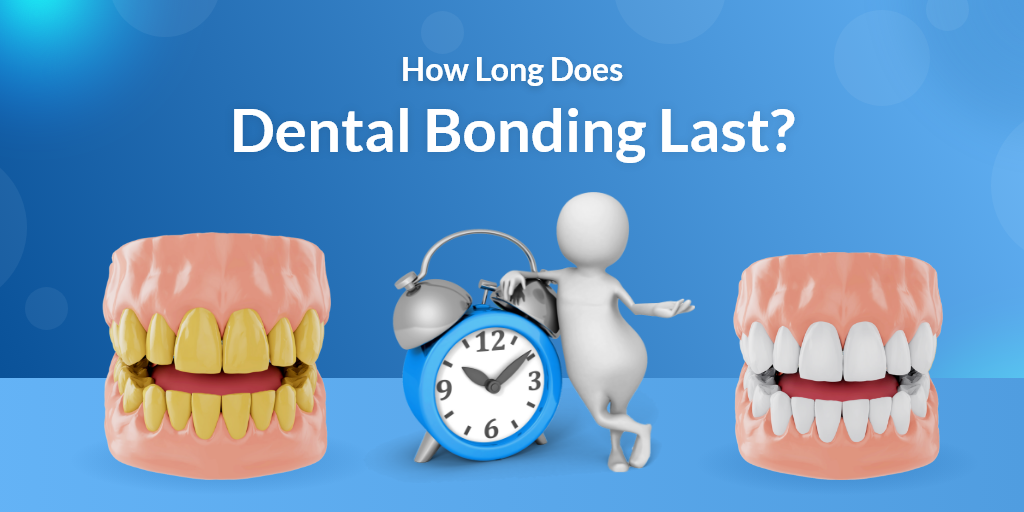From tooth discoloration to gaps and chips, dental imperfections could dent your confidence. However, dental bonding emerges as an effective solution providing a flawless smile. “How long does dental bonding last?” That’s the question we will answer by exploring what dental bonding is, how long it typically lasts, factors that can affect its lifespan, and tips for extending its durability.
What is Dental Bonding?
Dental bonding repairs teeth by applying a tooth-colored resin. It can fix decayed, chipped, fractured, or discolored teeth. The dentist begins by selecting a resin color that closely matches your teeth. The tooth surface is roughened and prepared for the bonding material to stick properly. The resin is shaped and smoothed into the desired form. After that, it is hardened using either ultraviolet light or a laser.
Lifespan of Dental Bonding
How long does dental bonding last? Usually, dental bonding lasts 4 to 8 years. The wide range is because of several factors. These factors include where the bonding is, oral habits, and how the patient takes care of their teeth.
- Dental Bonding Placement: The positioning of dental bonding on a tooth greatly impacts how long it lasts. If the bonding is placed on a less pressured part of the tooth during biting and chewing, it tends to last longer. This is mainly because such areas are less prone to wear and tear. If bonding is used to cover a tooth discoloration on the front surface, it will last longer than bonding used to fill a cavity on a molar. Molars grind food, which can cause wear or damage to the bonding over time due to higher stress levels.
- Oral Habits: Your oral habits can also influence the lifespan of dental bonding. Certain habits may seem harmless, but they can actually damage your bonded teeth over time. Nail-biting, chewing on pens, or using your teeth to open containers can cause stress and strain on your teeth, including the bonding. This should be avoided to maintain dental health. Chipping, cracking, or breaking the bonding can shorten its lifespan.
- Dental Care: Dental bonding lasts depending on the care given to the teeth. Taking care of your oral health is important for both your natural teeth and the longevity of dental bonding.
- Neglecting oral hygiene can cause the bonded tooth to decay, which can lead to the bond failing early. Decay can enter at the edges of the bonding where it meets the tooth. If not treated, it can go under the bonding and cause it to break or fall out. To keep tooth decay away, brush your teeth regularly with fluoride toothpaste, floss daily, and use an antiseptic mouthwash. Regular visits to the dentist can help identify early signs of bonding failure. This allows for quick solutions to maintain the longevity of the bonding.
Prolonging the Lifespan of Dental Bonding
To make your dental bonding last longer, there are steps you can take. While you can’t control everything, like where the bonding is placed, you can still do things to help.
- Foremost, it’s essential to maintain consistent and thorough oral hygiene. To prevent tooth decay under the bonding, brush your teeth twice a day and floss regularly.
- Certain bad habits can harm dental bonding. Avoiding them helps maintain its longevity. It’s best to refrain from using your teeth as tools or biting down on hard foods or objects.
- Regular dental check-ups are also crucial. Your dentist can spot any early signs of wear and tear on the bonding and address them promptly.
